It is not easy to select a new heating system for your home, particularly if you are doing it for the first time or if it has been over a decade since you replaced your previous system. Even though it can be challenging to figure out which heating system will work best for you, the good news is that modern heating systems are designed to be more energy-efficient than in the past. In order to help you confidently narrow your options for heating systems, we will explain what you need to know.
Choosing the Most Efficient Type of Heating System
If you are concerned about conserving resources, you should investigate the equipment’s annual fuel utilization efficiency (AFUE). The AFUE should be as high as possible for optimal performance. Although the Department of Energy mandates an AFUE of at least 80%, many options significantly higher than this benchmark are available. You will, however, need to take into consideration many other factors particular to the type of system.
Different Categories of Heating Methods
Furnace
Regardless of the house’s size, a furnace will almost always be the most cost-effective home heating method. A new heating system can cost anywhere from $2,000 to $7,000, with natural gas being more cost-effective than electric power. One factor to take into consideration is the fact that furnaces generate noise because they work by warming air and then introducing it into a home via ductwork.
Thermostats and Heat Pumps
A heat pump’s ability to cool and heat air is one of the primary selling points of this type of HVAC system. The best heat pumps are completely silent. In addition, they are significantly more energy efficient than a furnace when used in environments with moderate temperatures. On the other hand, the total cost will be significantly impacted by a more comprehensive price range as well as the square footage of your home. You can make your home more energy efficient by installing a heat pump. However, depending on your income, you may also be eligible for rebates in the Inflation Reduction Act.
Geothermal Heat Pumps
In most years, there is a rise in demand for geothermal systems that is measured in double digits. In addition, the price of geothermal heat pumps has leveled off and continued to decline, making them a more attractive option for consumers.
The process by which geothermal heat pumps function:
A ground-source heat pump is another name for a geothermal system. The system collects the heat from the sun and stores it in the ground or water. This helps to keep the temperature relatively stable throughout the year. The heat pump’s refrigerant then condenses this heat, which supplies sufficient warmth to warm a home even in the coldest climates.
Reversing the process removes heat from your home and transfers it to the ground during the summer months.
This heat exchange is carried out with the assistance of a heat pump, a mixture of water and glycol, and a loop system. Our guide provides a more in-depth explanation for those interested.
One reason geothermal energy is so effective is that similar to other types of heat pumps, a ground-source system gathers heat that is already present. It does not use electric resistance heat like a space heater, and neither does it burn fossil fuel.
It is much simpler to collect heat below the surface of the earth than in the air during the winter. This is because temperatures remain much higher below the surface.
Efficiency of Heat Pumps
During the summer, the warm air is much less effective at transferring heat to cooler surfaces, such as the earth or water. Because of these temperature differences, geothermal energy is significantly more efficient.
The most efficient geothermal heat pumps available today have an efficiency rating of more than 35 EER for closed-loop systems. The rating is more than 45 EER for open-loop systems. It indicates that these heat pumps are incredibly efficient.
Geothermal heat pump systems offer a number of advantages, the most prominent of which is an extremely high level of energy efficiency. Loop-based systems have a very long lifespan. The disadvantages include high costs for both the equipment and the repairs.
In scorching and humid climates, geothermal heat pumps can more quickly pay for themselves through lower monthly energy bills. The coldest climates come in second place. Geothermal energy is not cost-effective in environments with moderate temperatures and low demand for heating or cooling.
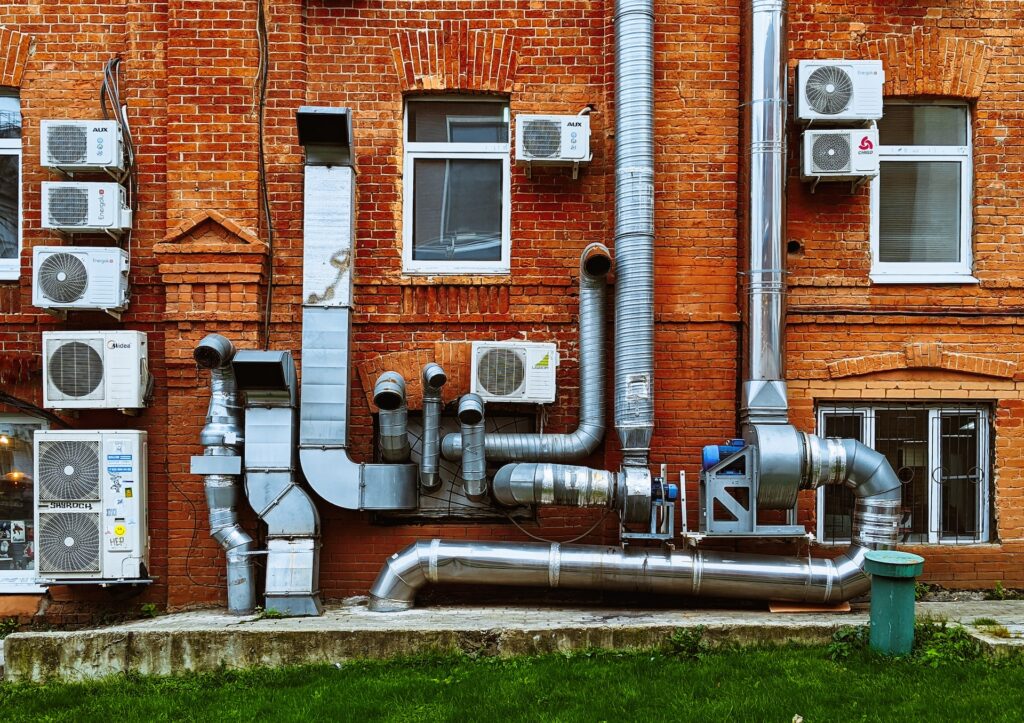
Mini Split Heat Pumps
Heat pumps that are installed in a mini split, also known as ductless systems, are air-source systems. In contrast to a geothermal system, these systems extract heat from the surrounding air and then release it back into the atmosphere.
The following paragraph will discuss the market share held by the standard split systems. This segment of the HVAC industry has also recently experienced double-digit annual growth. They are referred to as “mini-splits” due to the fact that both the outdoor and indoor units are relatively small.
Operation of a Mini-split Heat Pumps
The operation of a mini-split system consists of an outdoor unit that can provide efficient cooling or heating to as many as eight indoor units. When heating, the outdoor unit’s refrigerant gathers heat from the surrounding air and transfers it inside. After that, warm refrigerant is cycled through the indoor unit, where it passes through a coil before the heat is discharged into the room. The heat is distributed throughout the room by a blower located in the indoor unit.
The efficiency of mini split heat pumps can be attributed to the fact that these systems do not generate heat but rather collect and transfer it using refrigerant. Second, they make use of inverter technology. This fine-tunes the heating and cooling capacity of the system to ensure that there is neither excessive heating nor cooling.
Since ducts are a component of most systems, there is no loss of treated air due to leaks in the ductwork. Lastly, the amount of electricity necessary to operate mini-split heat pumps is minimal.
Efficient Heat Pumps
The most efficient mini split heat pumps available today have EER ratings that are either very close to 20 or slightly higher.
Mini splits provide impressive efficiency at costs that are significantly lower than those of geothermal heating systems. The installation price of multi-zone systems is typically costlier than that of single-zone systems. The installation of each individual indoor unit is a separate and expensive process. Because of this, the overall cost will be more significant than that of ducted split systems, which have a single indoor unit that distributes air to all rooms.
In hot and warm climates, mini split heat pumps provide the best value for their purchase price. Electric backup heat is not necessary for the more modern units to function effectively in freezing weather, but cold-climate heat pumps remain pretty expensive.
Heat Pump Installation Using a Standard Split System
Even though the market for these air-source heat pumps is not expanding as quickly as it is for the other types, they continue to be the most popular and affordable option. They are gaining market share from combinations of air conditioning and gas furnaces since you can use them in colder climates than earlier generations of the product.
The standard operation of a heat pump involves the movement of refrigerant between an outdoor unit and an indoor unit. Split heat pump systems operate differently. The indoor component is typically an air handler. However, a gas furnace may also be functional in some configurations.
During the winter, heat is captured from the outdoors and brought inside. During the summer, the inverse is true. A blower located in the air handler or furnace is responsible for circulating heated and cooled air throughout the building using ductwork.
Why heat pumps with split systems are such an efficient choice:
Similar to the operation of other kinds of heat pumps, heat is gathered and transported from one location to another. The process of recirculating the refrigerant that transports the heat requires only a negligible amount of power. Heat pumps are becoming even more efficient as a result of the use of inverter compressors in variable-capacity units. Some of the newest units are even able to provide sufficient heat in temperatures that are well below freezing.
The highest possible energy efficiency is approximately 15 EER, which is significantly lower than both mini-split and geothermal systems.
Although many heating systems are less efficient than geothermal and mini splits, standard heat pumps are less expensive. It is a trade-off that you must consider. They offer exceptional value, particularly when contrasted with gas furnaces and boiler systems, which are both common alternatives. The highest efficiency ratings continue to rise year after year.
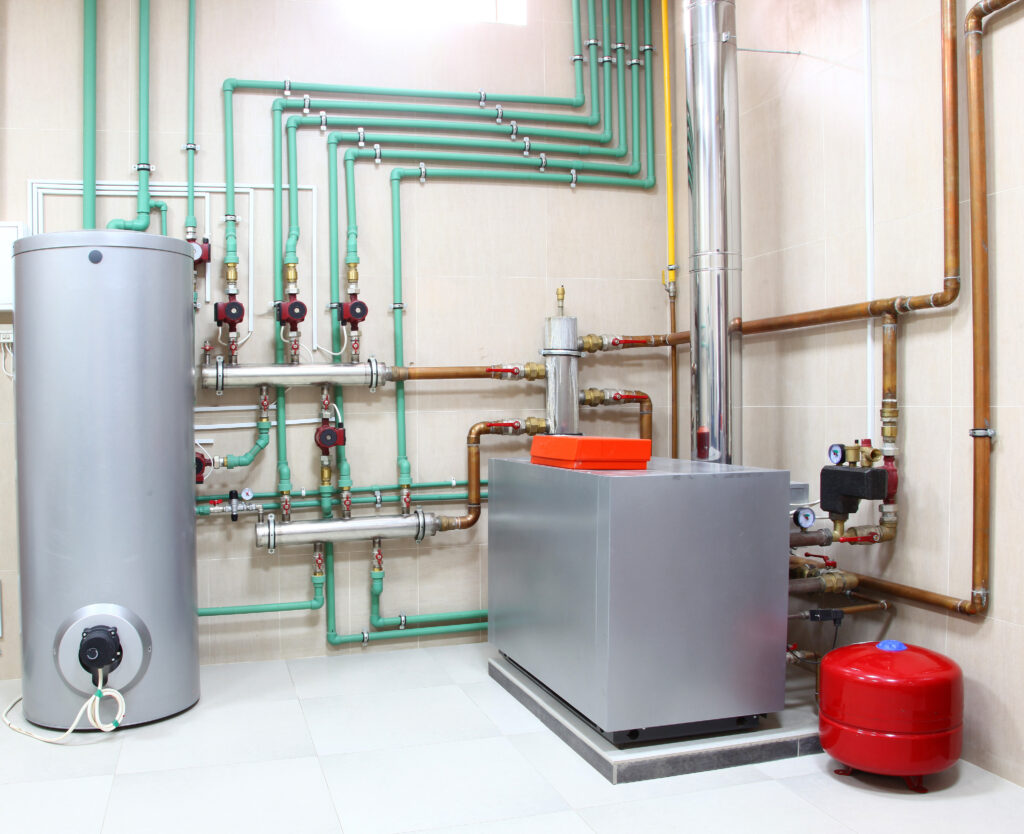
Gas Furnaces
When one considers the other, more energy-efficient options for heating a home, it is remarkable that gas furnaces are still used to heat more than half of all homes.
Depending on the type of gas furnace system, the combustion of natural gas or propane produces heat. After exiting the furnace through the sealed exhaust, the high-temperature combustion gases travel through either one or two heat exchangers. Heat then transfers to the air the blower fan circulates over the heat exchangers and through the ducts. The combustion gas is not involved in this process.
Dual-fuel heat pump systems use a heat pump and a gas furnace. They are made specifically for extremely cold environments. The furnace is turned on only when temperatures drop below freezing, and the heat pump cannot function correctly.
Reasons for the high efficiency of gas furnaces:
Heating that is produced by a combination of variable-capacity gas valves, secondary heat exchangers, and variable-speed blowers is very efficient. Our article explains each of these components.
The most efficient gas furnaces have annual fuel utilization efficiency (AFUE) ratings that range from 95% to more than 98%.
The advantages of efficient gas furnaces include a lower cost than heat pumps and the ability to provide excellent indoor comfort at a reasonable price.
The disadvantages include the following:
The most energy-efficient electric furnaces can have up to three times the operating costs of the most energy-efficient gas furnaces. It is one of the disadvantages of electric furnaces. Even though their efficiency is comparable to that of gas boilers, some heat can escape through the ductwork. Because of this, the cost of operation for gas furnaces is higher.
When looking to replace an older furnace, a gas furnace is an excellent option to consider if you want a cost-effective heating solution that will reduce your overall heating costs.
Boiler
Boiler Fueled by Gas
Boilers may not be as common in the United States as they once were, but they are still capable of delivering heat that is both comfortable and reasonably efficient.
In the same vein as the guides for the other systems, we have crafted a guide for gas and oil boilers. It explains the various types of boiler systems and how to choose the appropriate size boiler for your home.
The burning of natural gas or propane to heat water is the primary function of a boiler system. You should note that there are two primary distribution systems in use. The first one heats individual zones by recirculating water to radiators with open or closed vents. The second step is to allow heat to radiate upward and into the living space by circulating hot water through the piping in the radiant floor.
Combi Boilers
Combination boilers, otherwise known as combi boilers, can produce sufficient hot water to heat your home and supply your household with hot water.
Why are boilers such an efficient heating system? Condensing boilers incorporate a secondary heat exchanger to make more efficient use of the heat that is produced.
Most Efficient Heating System
AFUE ratings for condensing boilers range from 90% to 98%, making them roughly comparable to gas furnaces.
The pros and cons of radiant heat include the fact that it is a comfortable form of heat and is simple to zone. Boilers are quiet. Because there is no ductwork and no use of forced air, there are no allergens circulating throughout the house.
The equipment and repair costs associated with boiler systems are higher than those associated with gas furnace systems. In comparison to heat pump systems, their operating costs are more expensive.
It is most cost-efficient to replace the heating system in your home with another boiler if it already has one. They are an excellent option for installing additions when a radiant floor system is being put in.
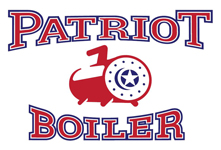
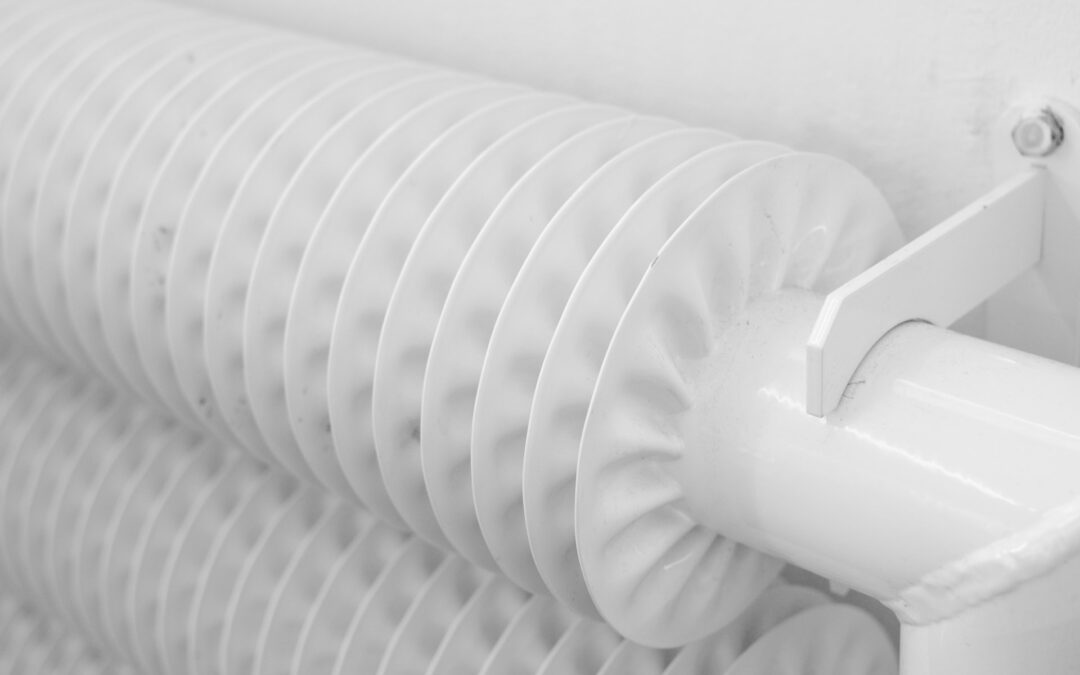
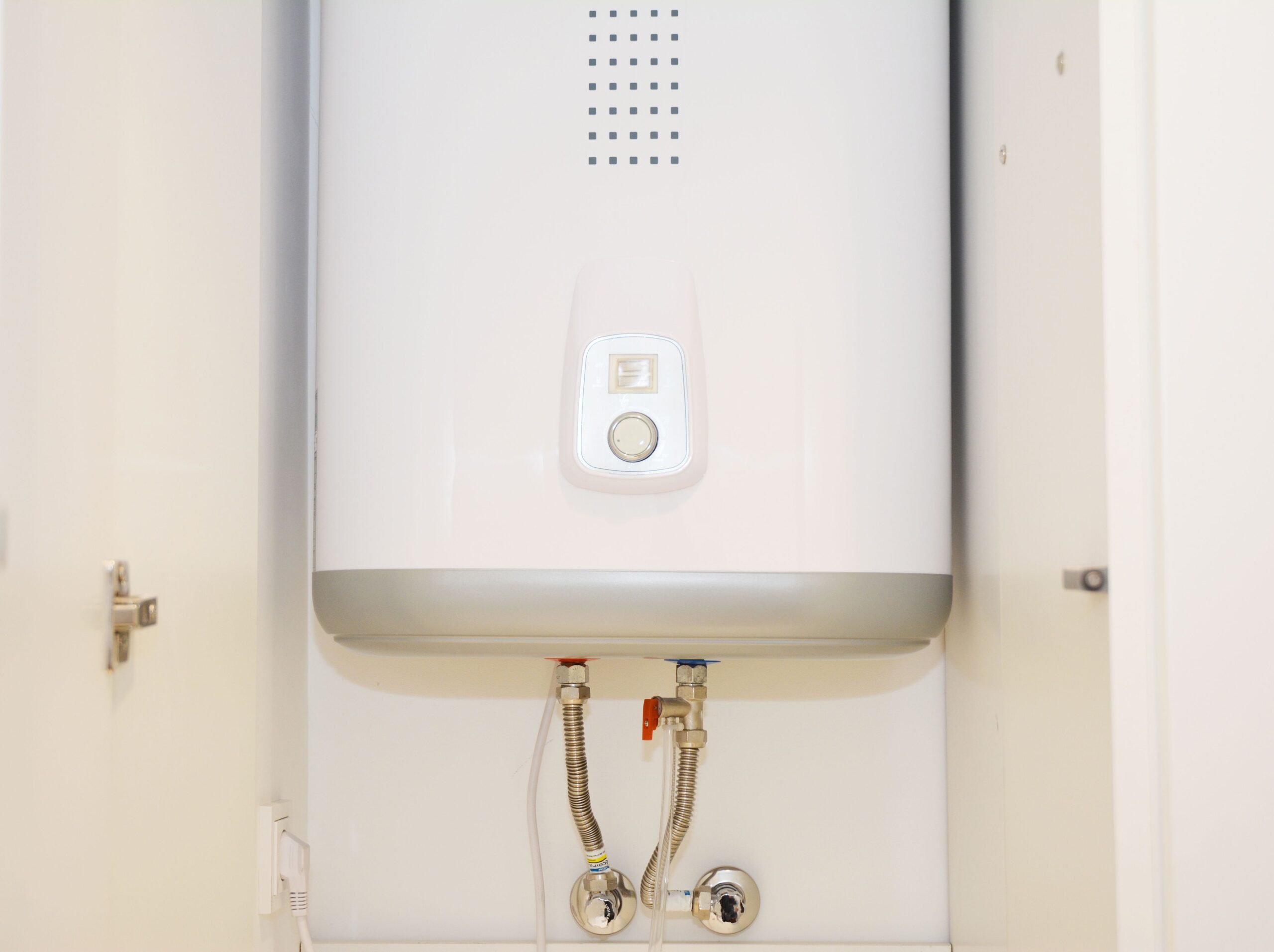
Recent Comments